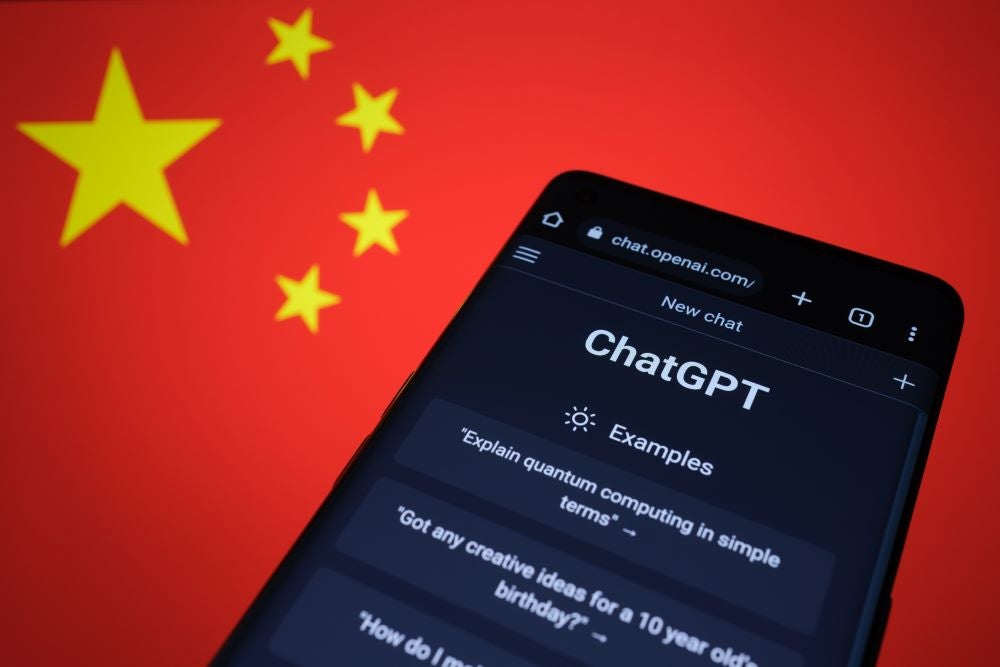China has published proposed stricter rules on how generative artificial intelligence (AI) services are used in the country, including a blacklist of data that cannot be used to train AI models.
While the EU was the first mover in AI regulation with its AI Act, China is quietly setting its own, different standards. As China is a strategic player in AI, how the technology is deployed in the country and it sets rules on AI matters for governments and organisations worldwide, despite China’s unique political system.
China will be a key player in AI governance
Over the past few years, Beijing has introduced some of the world’s first binding regulations on AI, including recommendation algorithms and generative AI. It is currently drafting a broader national AI law to be published in the coming years, which could become an important building block for global AI governance.
China might introduce the most stringent rules on AI creators, as it seeks to control the content put out by generative models and make sure that all the information produced aligns with Chinese Communist Party (CCP) ideology and does not threaten China’s national stability and security. It is therefore critical for countries and businesses to better understand what this regulation entails, but also which lessons can be learned from it, given the Chinese lead on AI regulation.
What the impact could be for countries and businesses outside China?
The 2021 regulation on recommendation algorithms signalled China’s targeted restrictions on algorithms and AI. Originally conceived to tackle the role of algorithms in disseminating information online, it requires developers of recommendation algorithms to submit information on how their algorithms are trained and deployed.
When it comes to generative AI, providers whose products can ‘impact public opinion’ have to submit security reviews, according to China’s Generative AI Measures that came into effect in August. While this regulation initially targets Chinese tech companies offering generative AI services—the likes of Baidu and ByteDance—the restrictions would also apply to foreign companies, making it challenging to offer these services to Chinese consumers.

US Tariffs are shifting - will you react or anticipate?
Don’t let policy changes catch you off guard. Stay proactive with real-time data and expert analysis.
By GlobalDataChina’s regulatory clout on AI is likely to have ripple effects outside the country, and as such should not be underestimated. Its content controls and language models could work as a blueprint for other countries in the APAC region. In addition, they could influence the safety systems of electric vehicles (EVs) in Europe, which is poised to be a key market for Chinese EV makers.
Global attitudes to regulating AI are patchy
Governments and regulators will have the daunting task of addressing the multifaceted risks associated with AI development without hampering innovation. However, ideas on how to regulate the models and their creators diverge and China and the EU offer the most detailed framework for regulating AI so far.
The US still has not adopted any AI regulatory plan, opting for an approach which, compared to Europe’s and China’s, is sector-specific and highly distributed across federal agencies. Similarly, the UK is not introducing statutory regulation at this stage, prioritizing innovation, and it is adopting an approach that is sector-based rather than rule-based, as in the EU. Overall, we can expect coordination between different jurisdictions to be slow and first attempts to regulate AI will be patchy and will struggle to catch up with advances in AI. But for AI to develop and innovate, these local regimes need to be aligned with one another and with other countries as this is a technology that is not limited by borders.









